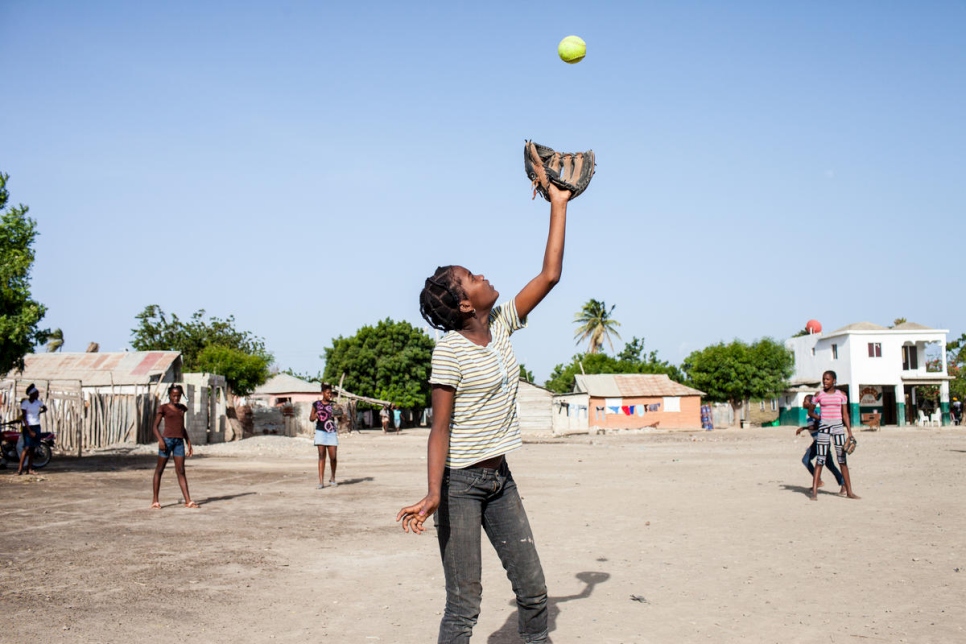UN commends citizenship move of Dominican Republic
Parents’ citizenship status hindered most naturalisation
Around 750 people born and raised in the Dominican Republic were naturalised as part of the national government’s efforts to provide nationality solutions for people born and raised in the country.
This move was highly commended by the UN Refugee Agency (UNHCR), a United Nations agency tasked to protect the welfare of the refugees, forcibly displaced communities, and stateless people. The agency is also mandated to assist them their voluntary repatriation, local integration or resettlement to a third country.
The naturalised individuals were previously denied of citizenship because of their parents’ immigration status.
“This gives hope and dignity to hundreds of stateless people whose lives had been in limbo for many years” said Matthew Reynolds, UNHCR representative for the United States and the Caribbean.
“We commend the Government of the Dominican Republic for taking this important step towards finding nationality solutions for people born and raised in the country, and we look forward to continued constructive cooperation with the government to find practical solutions for everyone’s benefit,” Reynolds added.
On September 23, 2013, the Dominican Constitutional Court known as Judgment 168-13, issued a ruling that prohibits children born in the Dominican Republic to parents with irregular immigration status from a Dominican citizenship.
This ruling also resulted in the revocation of nationality for thousands of people who were born in the Dominican Republic, most of them of Haitian descent.
Aside from this, it effectively blocked their access to fundamental rights and basic public services such as higher education and health care, which are available only to Dominican citizens.
Seven years later, the Dominican Republic announced on July 16 via a presidential decree that such restrictions will be eased.
The presidential decree was issued in accordance with Law 169-14, a multi-party agreement passed in 2014 to mitigate the impact of the Constitutional Court’s ruling.
Today, 26,000 individuals were recognized as Dominicans and subjected to proper documentation.
The UNHCR encourages the government to continue working on a solution for the additional estimated 6,400 persons who have filed applications for citizenship in Dominican Republic.
UNHCR said it will “continue supporting the government’s work in the Dominican Republic to fulfill the #IBelong Campaign objective of ending statelessness globally by 2024.”
This objective, which is in line with the United Nations 2030 Agenda and Sustainable Development Goals (SDGs), aims to leave no one behind and to guarantee the right to a nationality for all.



